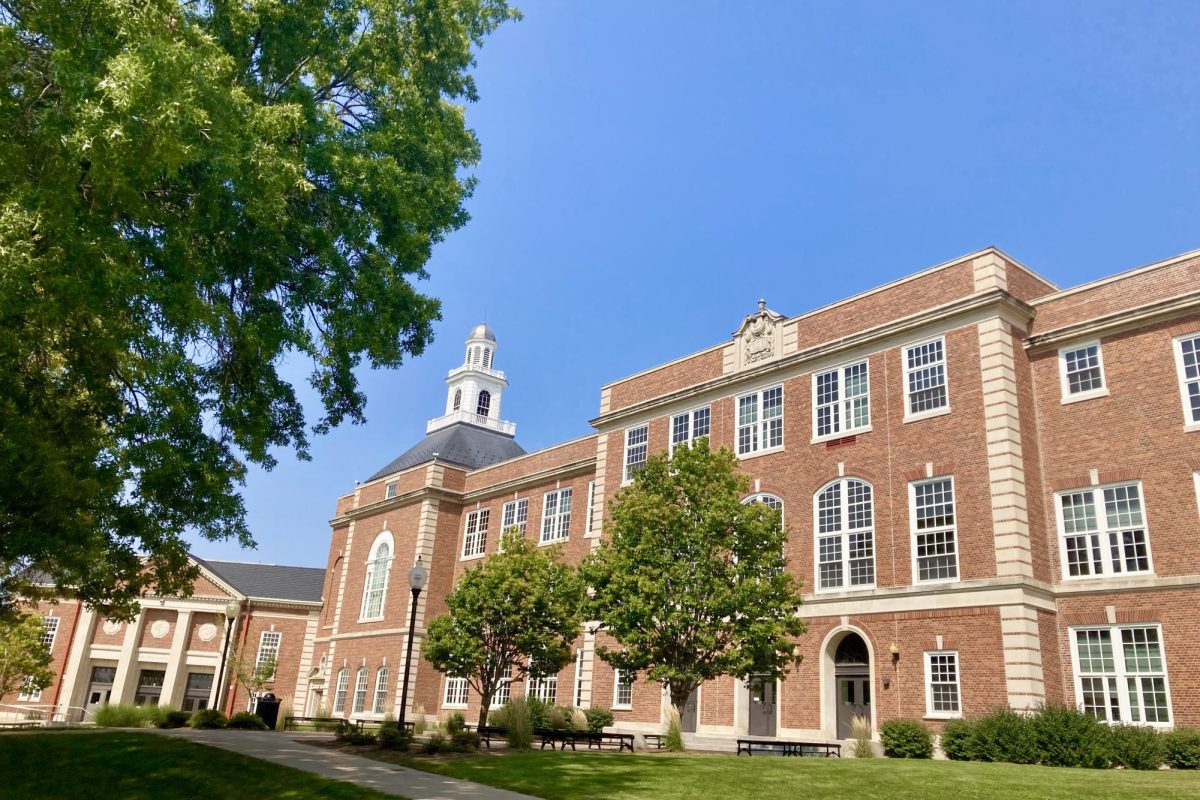This trimester, there is no longer a designated time for school-wide Advisory. In the past, Advisory consisted of 20 minutes every afternoon (with the exception of Thursdays) when all students could choose to get extra help from teachers, retake tests, do homework, or participate in clubs.
In the new system, each teacher sets aside 20 minutes per week for an Advisory specific to the class. Periods are slightly longer, from about 47 minutes per period last year to about 53 minutes per period this year.
Guidance Counselor Mary Peterson explained the reasons behind this adjustment, relating some of what she and other staff members had observed.
“Not everyone was using [Advisory time]–which is fine; not everybody needs that support. But even kids who needed it weren’t using it,” Peterson said.
However, for some students, the change seems less helpful. Noe Richman ‘25 said she felt that the new structure may make it more challenging to get help because last year, she often needed help in certain classes more than once per week.
“I am really upset that we don’t have Advisory this year,” Richman said. “Advisory was when I went to go get a lot of stuff done with teachers. If I needed help, it was the best possible time to do so.”
The hope for the new system is to make it easier for students to get help because the support is more teacher-initiated.
“Advisory required the student to initiate going to a specific teacher, which can be hard. What if you walk into a room of a class of 30 kids you don’t know, and you walk up to the teacher and say, ‘I need help.’ That’s embarrassing,” Peterson said.
Matt Miller, an AP Calculus and Aerospace Engineering teacher, supports the change.
“I think [the new system] makes sense because it’s more flexible,” Miller said. “I get to decide what works best in my class. For instance, if there’s a test coming up, I can have an Advisory on the day prior to the test. So it’s very useful for AP Calculus classes.”
Richman feels that last year, she succeeded in her math class as a result of regularly going to Advisory.
“It’s unfair to get rid of [Advisory] entirely,” Richman said. “[The new structure] just feels like more regular class time. It’s a bit harder to ask questions now.”
Richman feels that sometimes the built-in Advisory time is not enough, so in order to get help, she comes to school earlier or leaves later.
“[This] is actively detrimental to lower-income students, like students who live a little bit further away [from school] and have to take the bus,” Richman said. “Because they are not afforded the luxury of getting here early or staying a little bit later to get help from a teacher. They are not able to just come and go whenever they please.”
The 1st Trimester is a trial period that will determine whether City ultimately continues the new system. For now, the future of Advisory waits to be seen.
“In education, people don’t like to try new things,” Peterson said. “And we’re trying new things, just to see [if they work better]. If you don’t change things to see if you can do them better, how do you ever know if you can grow and be better as a system? That’s what this is all about.”





























